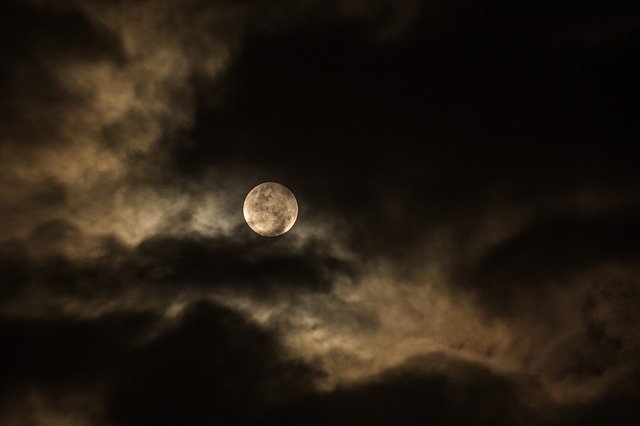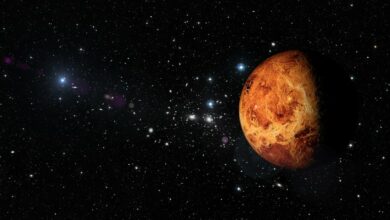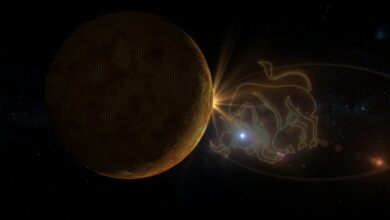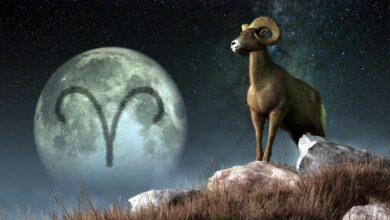A
A
A
Have you ever heard anyone talk about planting their crops by the sign of the moon, castrating their farm animals based on the moon’s position, or commenting about a spike in crime or baby births because of a full moon?
Subsequently, after you’ve listened to all their commentary, you may have felt comfortable making a comment about their astrological sign, their horoscope, or typical zodiac attributes. Were you surprised when you heard a response such as, “Oh, I don’t believe in that bologna,” or “The Bible calls that hypocrisy or witchcraft!”
Read More »
The people you have encountered, in most cases, are truly not aware of their double standard or erroneous thinking. Therefore, instead of responding with an almost-audible eye roll, perhaps now you can respond with some intelligent and logical information that is educational and even impressive.
Be a Well-Informed Responder to This Conundrum
The reference used for this article comes from an age-old informational periodical known as “The Farmer’s Almanac,” but all you need is the information below.
Astrology v. Astronomy
First of all, people rarely dispute that astronomy is real. In fact, everyone is taught about astronomy starting in elementary school. However, when you mention astrology, they start getting skeptical and even clueless that their “farming” and “moon vigilance” are part of astrology. Hence, your best bet is to start out with some empirical evidence in the form of definitions.
The Farmer’s Almanac explains Astrology as an “ancient practice wherein the universe is divided into twelve wedges of 30 degrees each (and obviously totaling 360 degrees). Each wedge is identified as an astrological sign that receives different influences from the sun and the moon when they are in each section.” To make a simplistic analogy, envision how it is daytime on one side of our planet at the same time it is nighttime on the other. In other words, even the sun affects planet Earth a different way at different times.
On the other hand, humans cannot deny that matter exists, and it exists even in space. Astronomy scientifically interprets the types of that matter in space. It is not part of the astronomers’ jobs to interpret the meaning or purpose of the Moon or Sun’s position in the sky, but they do seek to describe it. Therefore, astronomers have no reason to divide the sky up into specific slices (12), although they do make note of the moon and the various planets. It is for this reason that the placement of the moon on a given night might be noted in different position astronomically than it is astrologically.
In addition, due to the astrological placement being fixed and not taking into consideration the equinoxes (Earth’s wobble), the sun’s physical place in astrology may be considerably different than it is described in astronomy.
Purpose of All This Academic Explanation
What is the connecting vein between these two large A-words (Astronomy and Astrology)? The universe, of course, and all that is out there along with the sun and the moon.
Now you should be much better armed to politely explain to all those skeptics who deride the zodiac, or you perhaps might choose to crassly laugh in their face as they talk about honoring the alignment of the planets in the astronomical realm while refuting an almost parallel astrological realm. You will have done your part in educating them. The rest is up to them.






